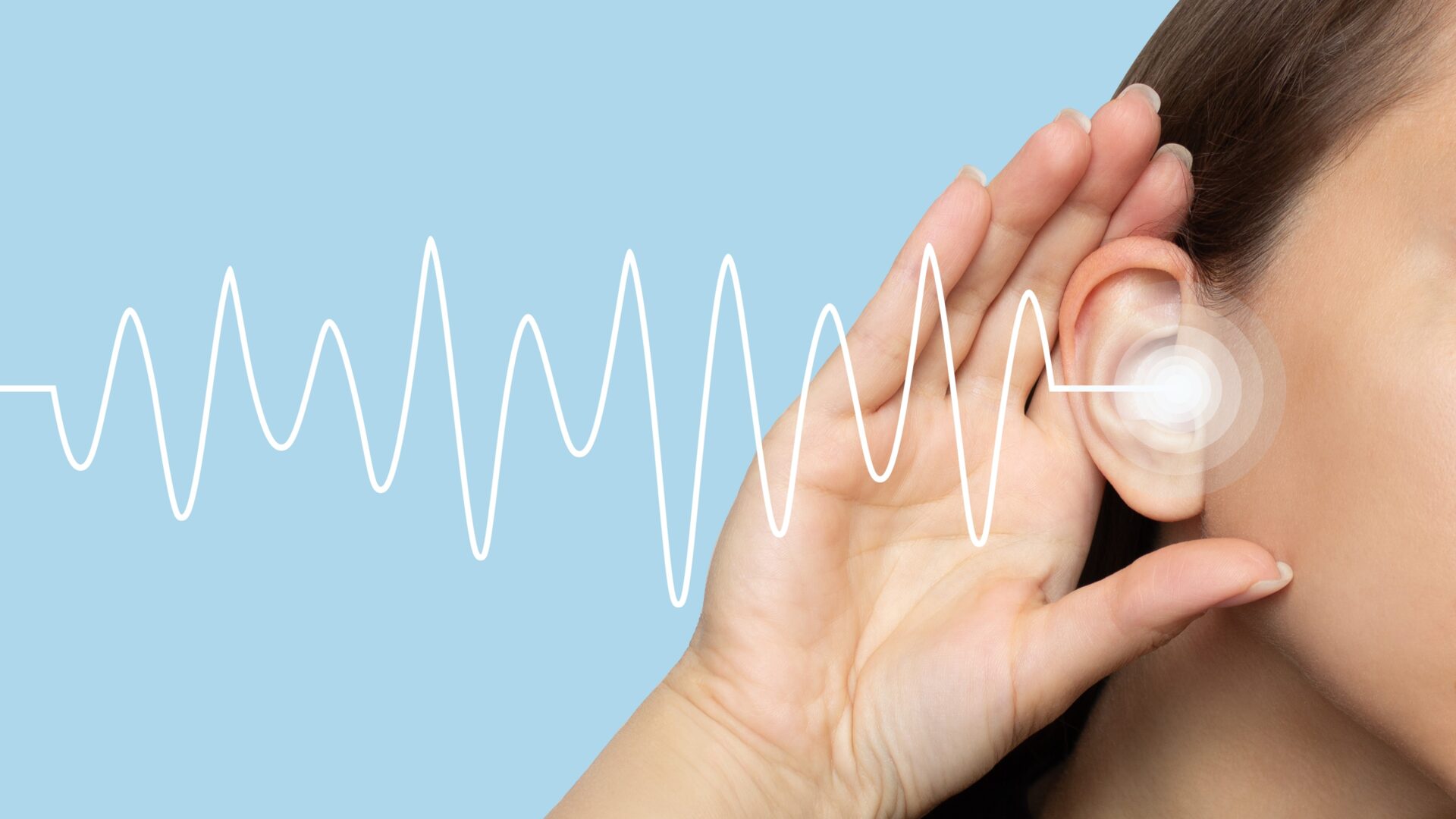By Kaley Graves
Communication is crucial for childhood social development, which is why early intervention is so important! Audiologists and audiology students should strive to ensure that each child has equal opportunities to develop speech and language skills with appropriate amplification to minimize delays in social development. Establishing relationships in childhood can be difficult as is, even more so for children with hearing loss.
Audism and Building a Support Network
As someone who has bilateral sensorineural hearing loss and has worn hearing aids since the age of two, I have encountered my fair share of challenges. Audism, defined as “…the belief that the ability to hear makes one superior to those with hearing loss” (Britannica, 2018), is unfortunately a very real mindset that I have encountered in daily life and in clinical training. While it is not pleasant to be told that something is “wrong” because you cannot hear as that person can, it is no fault of your own. What do you do in these situations? How do you brush this off and move forward?
There is no right or wrong in how I choose to live with my hearing loss, nor how anyone else does. It is more important how you decide to proceed in these situations. I prefer to educate rather than retaliate! I can confidently say “Hey, this is not okay, but here is how we can learn from this”, thanks to the support network that I have. Sadly, audism will never completely disappear, but education and awareness can help reduce it.
Challenges in Audiology
Those with hearing loss who are in the field of audiology have a unique set of obstacles that most do not. For instance, how do you conduct speech testing and have confidence that the scoring is accurate (looking at you, NU-6 with “king” versus “keen”)? Or, how can you conduct hearing aid checks through a listening scope? These are some of the most basic clinical skills that those with normal hearing sensitivity do not generally give a second thought.
As I have progressed through my clinical training, I have learned to use assistive technology (like remote microphones) and innovative solutions (like using a whiteboard or live speech-to-text apps) when working with patients. Some of these solutions have come from others in audiology who also have hearing loss, and I never would have thought of these tools myself. Building a support network can make a big difference in coming up with creative solutions to take on these challenges.
Advocacy
Also, advocacy is KEY! Do not be afraid to say what you need to be successful. There are several resources available to students at universities across the country. One of the best places to start is within your institution’s disability resources office to determine what accommodations might be available to you during your graduate program! More specific to audiology, the Students with Hearing Loss Resource Web Page via the national SAA website provides excellent resources, including listening check guides, classroom accommodations, and a link to a the national Facebook group for students with hearing loss to connect with each other. I highly encourage you to advocate and educate those around you because it will only strengthen our field for years to come.
Resources
- Bauman, H. L. (2018). Audism. Encyclopedia Britannica. https://www.britannica.com/topic/audism
Related Posts
Balancing Vulnerability and Professionalism: Learning from Audiology Students with Hearing Loss
By Nicole Genser For audiology students with hearing loss, the path to becoming a clinician is both uniquely challenging and deeply rewarding. As they navigate the demanding environment of graduate school, these students often find themselves balancing personal vulnerability with professional growth. Disclosing their hearing loss, requesting accommodations, and connecting with patients can be powerful…
Boost Your Summer Experiences
By Amanda Prozeralik Congratulations! You’ve almost made it to the end of another semester, and you are that much closer to graduating and becoming an audiologist! For many audiology students, the summer semester means that schedules are a bit more relaxed. Because of this, you will have a wonderful opportunity to dedicate yourself to unique…
May 2025 Advisors Corner
Every May, Better Hearing Month is celebrated to bring awareness to the importance of hearing health and the role audiologists play in diagnosing, treating, and managing hearing and balance conditions. It serves as an opportunity for individuals to learn more about hearing loss, its impact, and the steps they can take to protect their hearing….




